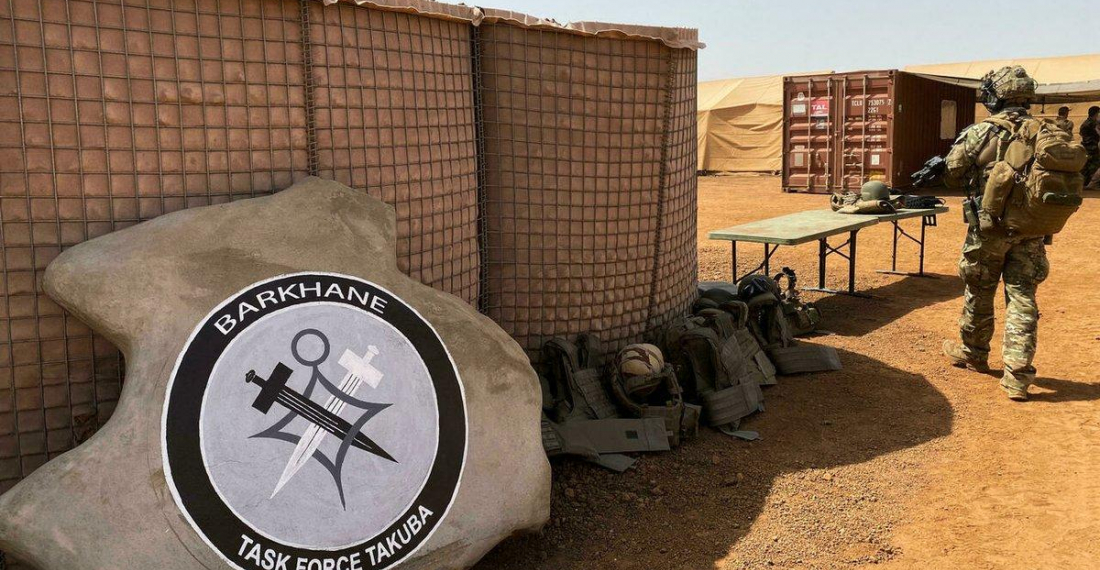Denmark has decided to repatriate its troops deployed in Mali, only one month after their arrival, following a new demand for their immediate withdrawal by the Malian junta, the head of Danish diplomacy announced on Thursday (27 January).
The Danish soldiers were on Malian soil as part of a European special forces military contingent, called Takuba, which is helping local governments fight against the "Islamic State" presence that has expanded to several countries within the Sahel region. The Malian provisional military government rejected the logic of Denmark, which had, after the first request for withdrawal last Monday, proved that their troops had been invited by former President Boubacar Keita, who was subsequently overthrown in a military coup in 2020.
After a session in Parliament on Thursday, the Danish Foreign Minister denounced the "dirty political game" of the Malian military, who he said, withdrew their invitation because they "do not want a quick way back to democracy" through the ballot box.
Indeed, the transitional government initially agreed to hold presidential and legislative elections in February 2022 amid pressure from ECOWAS. Yet the Junta outlined in the document sent to regional mediators early January their proposal to call for five more years as a transitional government.
In Mali, the coup leaders are under severe international diplomatic and economic pressure. The sharp hardening of economic and diplomatic sanctions adopted by ECOWAS - the community of West African states - against Bamako is supported by Paris, Brussels and Washington.
The EU member states that invested in the counter-terrorism military operations in the Sahel region are also irritated by the deployment of the Russian mercenary group Wagner in Mali.
This growing tension is the result of Bamako's desire to defy France, which is according to the Junta using its European allies to gain influence in the Sahel. France has thousands of troops in the region and has been the target of several demonstrations. The Malian transitional government even publicly told France to cease its "colonial reflexes" and stop interfering, after Paris tried to argue for a continued Danish presence on Malian territory.
Some observers think that by antagonising its population against France and the European mission, the Malian authorities have been stoking lingering anti colonial feelings to explain the military failings against terrorist groups in the Sahel in recent years.







